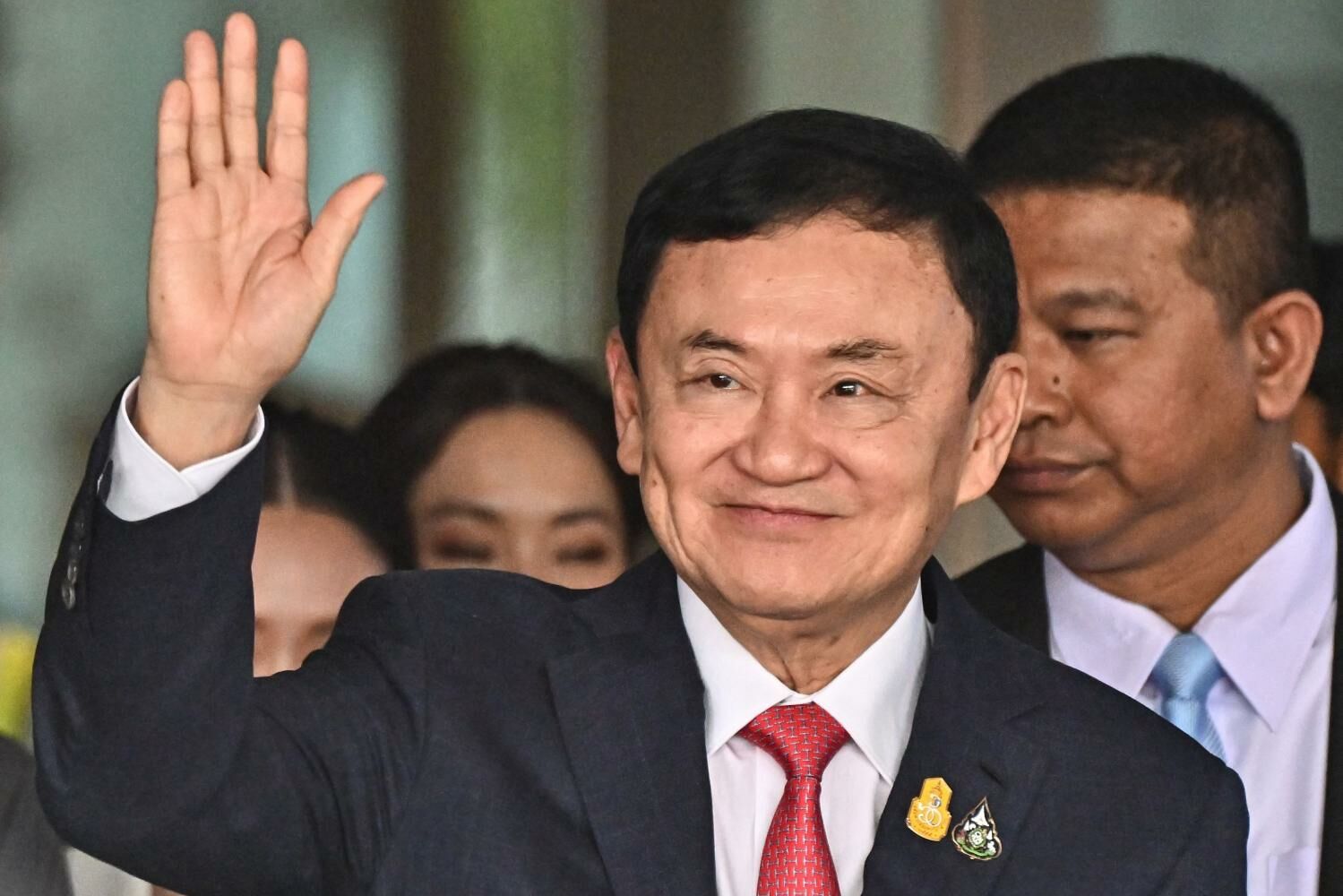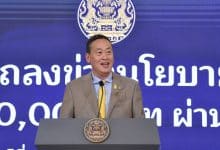Concerns raised over legality of govt’s digital wallet borrowing plan

The Bank for Agriculture and Agricultural Cooperatives’ (BAAC) labour union raised concerns about the government’s plans to borrow 172.3 billion baht (US$4.7 billion) from the bank to fund a digital wallet handout scheme. The union is questioning the legality of this plan and has sought guidance from the State Enterprise Policy Office, the Bank of Thailand, and the Council of State.
The union has called on the BAAC to communicate with the public and within the organisation to assure them that no action has been taken regarding the digital wallet scheme while they await feedback from the aforementioned agencies. They emphasised that the bank’s involvement in the scheme must comply with the law and align with the interests of its customers and the institution.
This is not the first time the union has voiced its concerns. They previously opposed the bank’s decision to approve 50 billion baht (US$1.4 billion) to pay farmers who pledged their paddy under the financially challenged rice-pledging scheme in 2014.
At that time, the government was a caretaker government and did not have full authority. However, with the Srettha government now in full authority, the union is seeking clarification on the legality of the borrowing plan for the digital wallet programme.
Prime Minister Srettha has dismissed reports that the borrowing plan has led to a rush on the bank’s deposits.
On the other hand, former Prime Minister Thaksin Shinawatra expressed confidence in the government’s 500-billion-baht (US$14 billion) handout during his visit to his home province of Chiang Mai for the Songkran festival. Thaksin dismissed the criticism, stating that the country’s economy, though currently sluggish, is expected to improve after the digital wallet rollout.
“Thailand’s growth is slower than that of other ASEAN countries because there isn’t enough money in the system. The government seeks to inject money to stimulate it.”
Thaksin attributed the sluggish economy to the delayed approval of the annual budget and bureaucratic changes that slowed implementation, reported Bangkok Post.
Thai Pakdee Party leader Warong Dechgitvigrom urged BAAC executives to stick to their principles.
“The money must be used according to Section 9 of the BAAC Act to support farmers in their agricultural livelihoods. Distributing BAAC funds through the digital wallet project could violate the law.”
Latest Thailand News
Follow The Thaiger on Google News:


























